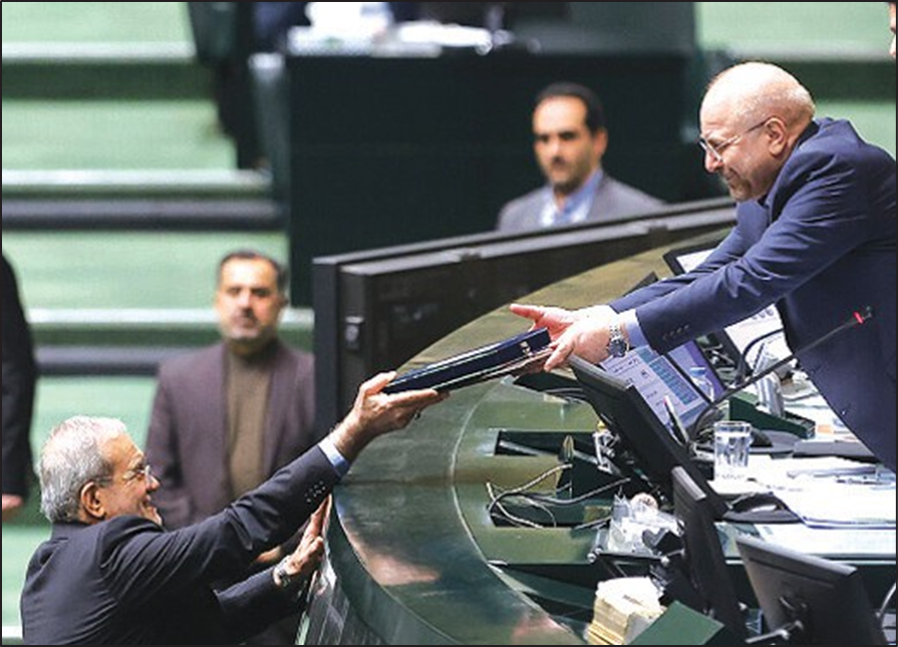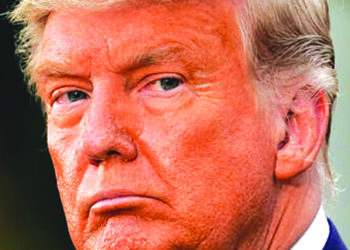to increase the number of babies being born in Iran. In his latest rejection of the country’s family planning program, Ahmadi-nejad said, “We should take the age of marriage for boys to 20 and for girls to about 16 or 17. The marriage age for boys has reached 26 and for girls 24, and there is no reason for this.” What Ahmadi-nejad is proposing is actually something very un-Persian. Marriage ages have never been as low, at least in the modern era, as Ahmadi-nejad has proposed. The 1956 census showed the average age at marriage for women at 18.6 and formen at 25.5, far above what Ahmadi-nejad is proposing. Over the last half-century the age at marriage for women has progressively risen substantially from 18 to 24 while the age for men has been relatively stable between 24 and 26. Higher marriage ages help hold down the birth rate. Ayatollah Khomeini promoted high birth rates for a decade after the 1979 revolution. But when he saw the burden that put on the state, he reversed gears in 1989 and the Islamic Republic launched an internationally acclaimed family planning program in the 1990s that dramatically reduced the birth rate. Ahmadi-nejad has criticized the program as an ungodly Western import. Since coming to power in 2005, he has sought to increase the country’s population. In July, he inaugurated a new policy to encourage population growth with financial incentives for every new child born, having previously said the country could feed a population of 150 million. Many in the Majlis have objected because he neither sought nor received any appropriation from the Majlis to make such payments. Iran’s population is now put at 75 million by the Iran Statistics Organization, more than double the population at the time of the revolution.



















